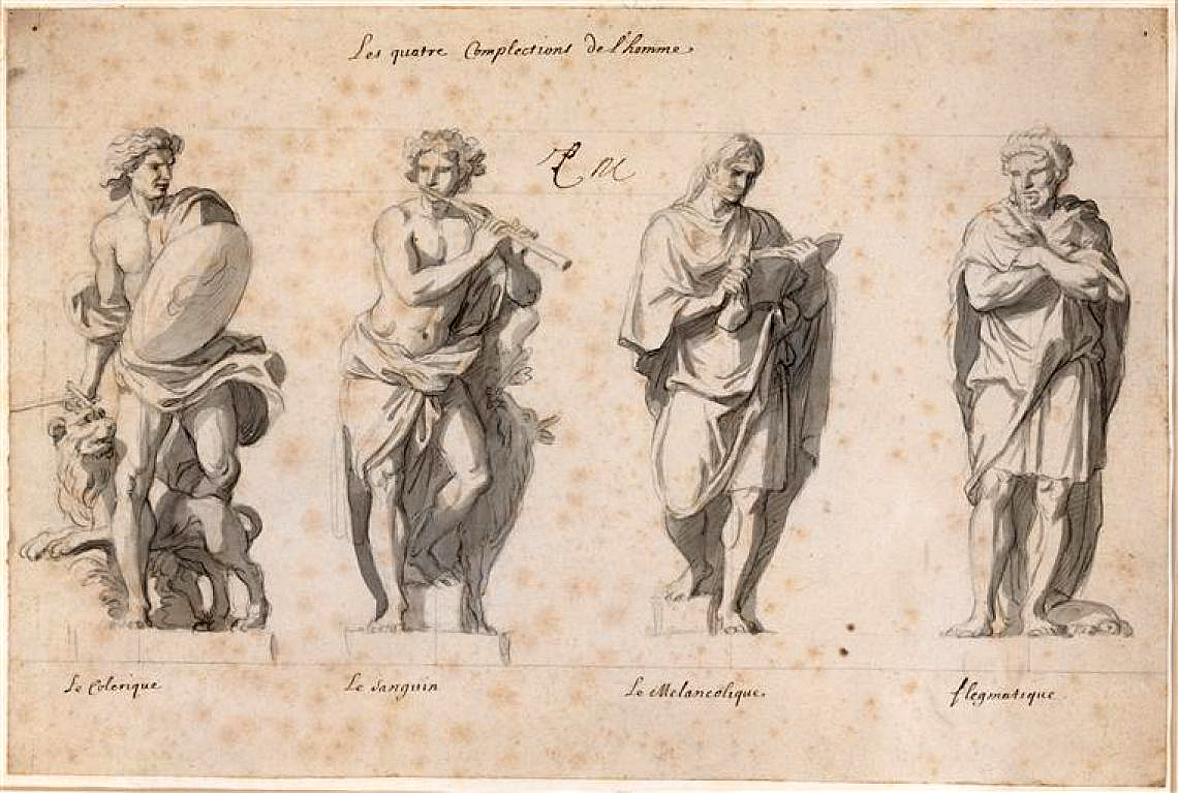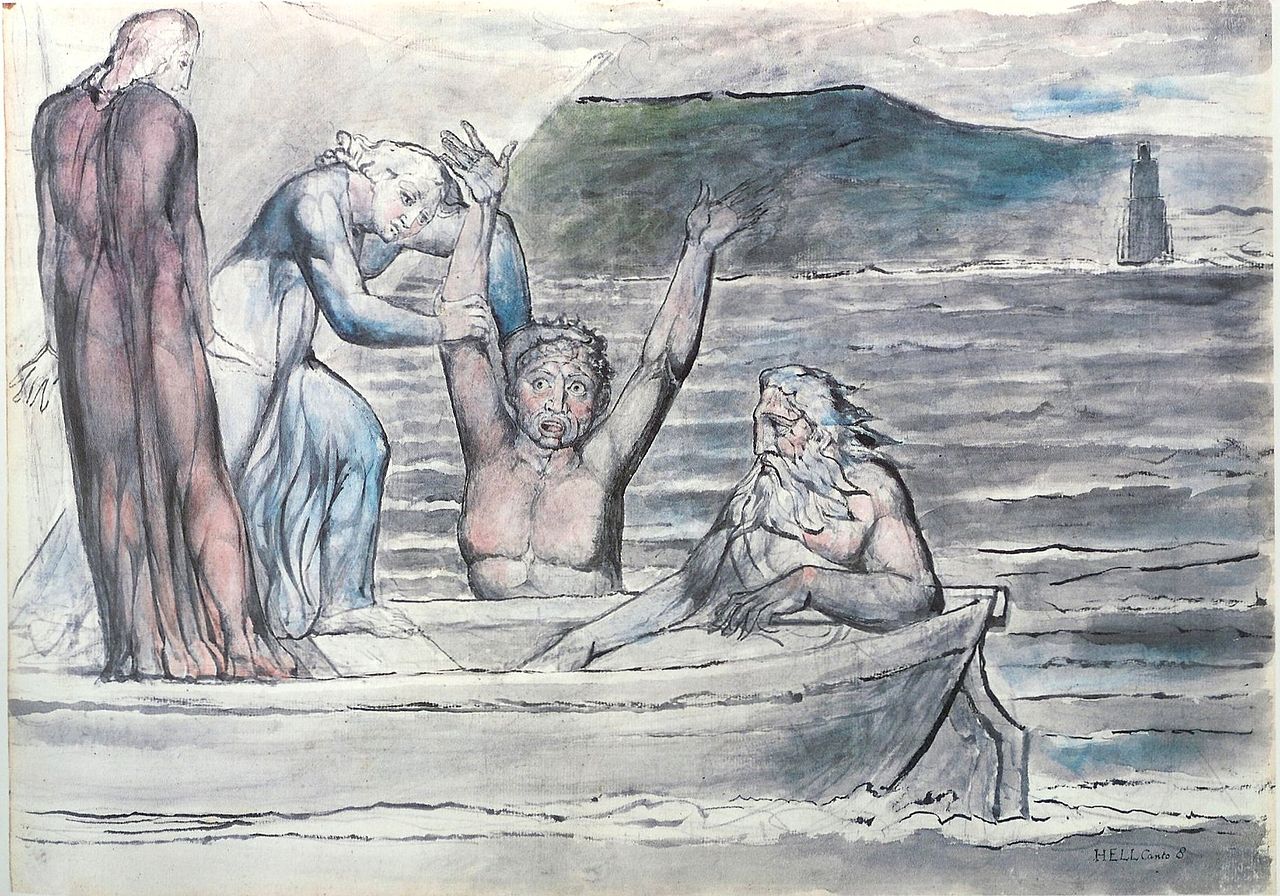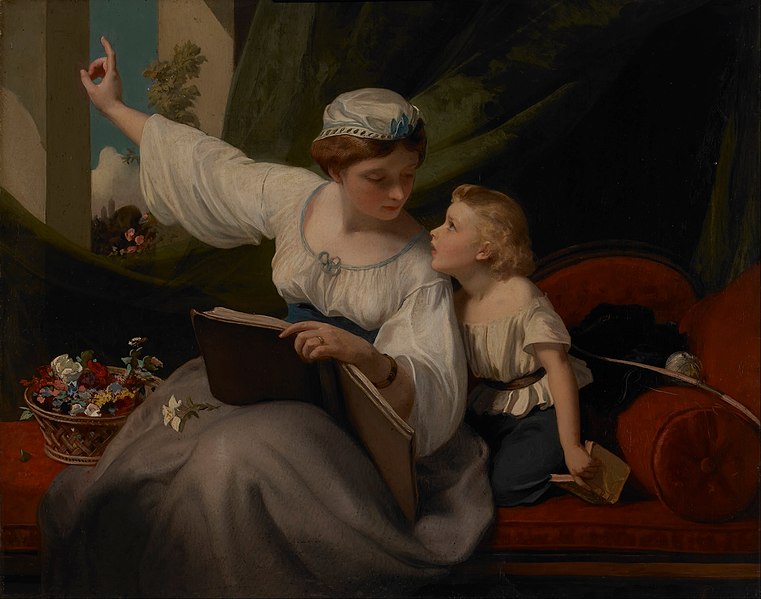Ladies and Gentlemen, this is the day! Happy Feast of Our Lady of Mt. Carmel. Trusting God with St. Therese is now available on Amazon for the Kindle and in print. For the time being (at least the next 90 days) the ebook will be exclusive to Amazon. However, the paperback should be available soon at Barnes and Noble and other online retailers. I hope to see it in some Catholic bookstores as well. And those of you who are local or who know me personally are always welcome to purchase the paperback directly from me as well.
The last 14 months writing and publishing this book have been busy but rewarding. I pray you will find them rewarding for you too. I really believe it will help almost everyone but those very advanced in the spiritual life to come closer to Christ.
Now for the fun stuff!
Visit Contemplative Homeschool to enter the contest and see the other contests and events marking the release of Trusting God with St. Therese.











